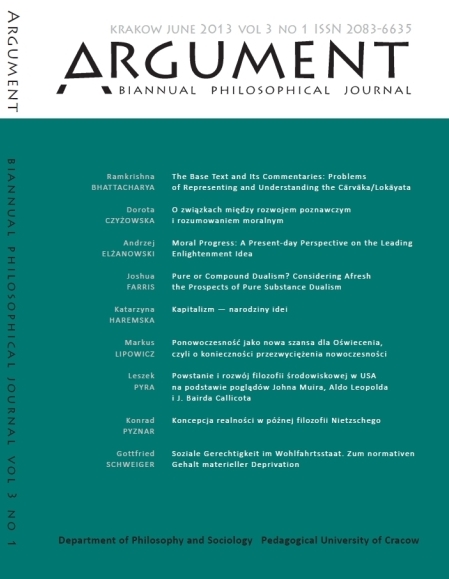Podstawowe pytanie etyczne w horyzoncie prawdy, wolności i odpowiedzialności
Słowa kluczowe:
ethics, philosophical ethics, way of living, sense of responsibility, summonsAbstrakt
The basic ethical question in the horizon of truth, freedom and responsibility: The lecture first identifies the basic, according to the author, ethical question. It is: how should one dispose of one's own life? This is not a scientific question and, therefore, ethics cannot be cultivated as science. Rather, this question should be considered as one of the most fundamental philosophical questions that do not require any scientific or theoretical justification. Instead, it involves practical reflection, that is, as Aristotle rightly puts it in the Nicomachean ethics, “a reflection on what a good life should consists of”. The preliminary analysis of the Platonic cave allegory shows that this question should be considered in three perspectives, namely in the horizon of truth, freedom and responsibility. The three main parts of the lecture are devoted to each of these perspectives. Their presentation is made in a diachronic order and refers to several key authors for ethical thought, such as Aristotle (the truth), St. Paul, St. Augustine, Pico della Mirandola, Descartes (freedom), Nietzsche and Husserl (responsibility). The author claims that problem of responsibility is the fullest expression of the fundamental ethical question. However, a proper grasp of the concept of responsibility is impossible without relating it to the concepts of truth and freedom.


